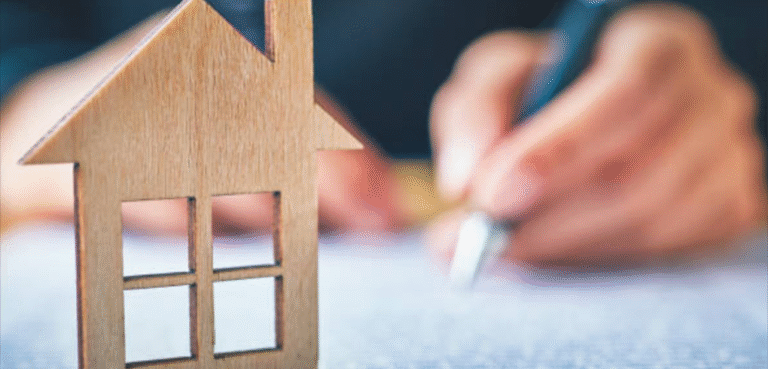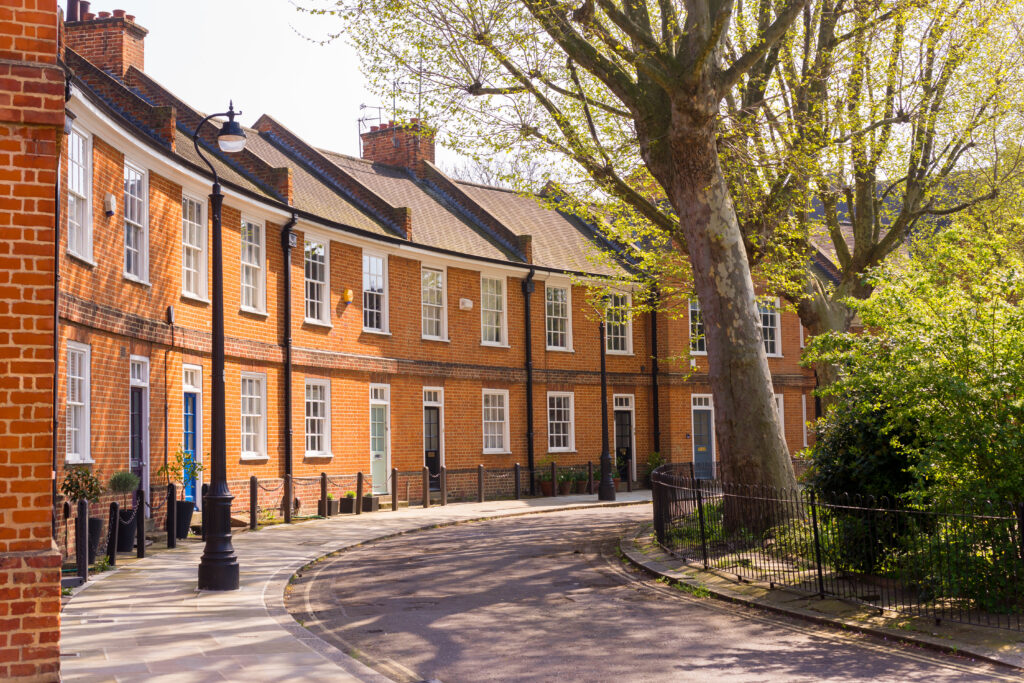
Bad Credit Mortgages
Find out everything you need to know about bad credit mortgages and how John Charcol can help you here. We go through credit reports, impact on mortgage options, lender criteria and how brokers can help and more.
Speak to a bad credit mortgage adviser
Fill out this form and we’ll contact you to book a free call with one of our mortgage experts.
"*" indicates required fields
On this page:
Understand Your Credit Report and Credit Score
First thing’s first: make sure you understand your credit report.
Before you can find a suitable bad credit mortgage deal, you need to be able to read your credit report and understand what it means. What information does your credit report show? How do you check a credit report? What’s a good credit score? What negatively impacts a credit report?
These are some of the questions you’ll find answers to here.
John Charcol Expert Tip - November 2025
Having a less-than-perfect credit history doesn’t mean your mortgage hopes are out of reach. While your options may be more limited and rates slightly higher, there are lenders who specialise in supporting borrowers with missed payments, defaults or CCJs, and who assess your circumstances in far more detail than a simple credit score.
The key is knowing which lenders to approach and how to present your application in the strongest possible light. With the right guidance, it’s entirely possible to secure a mortgage that fits your situation and take positive steps toward rebuilding your financial future.

Nicholas Mendes
UK Mortgage and Property Expert
Identify Your Bad Credit and the Impact on Mortgage Options
Now you know a bit more about credit scores and why they exist, it’s time to identify what bad credit event is having a negative effect on your credit report and what this means for your mortgage.
See our resources below for the kinds of bad credit events to look out for and the specifics regarding the impact on your mortgage options.

Learn About Bad Credit Mortgage Lenders and Their Criteria
It’s time to start learning about subprime lenders, what bad credit mortgage products they offer and how they assess applicants. This will help you to get an idea of the kinds of criteria you’ll need to meet and steps you can take to help you secure a bad credit mortgage.
Talk to a Bad Credit Mortgage Broker and Start Your Mortgage Application
You’re ready to start your mortgage journey. You can learn about bad credit mortgage brokers in our guide and contact us on 023 8235 2300. See below for more information about the kinds of bad credit mortgages for different buyers and the various options.
Ready to Find the Perfect Deal? Speak to the Experts
At John Charcol, we’re there from the very start of your journey to guide you through each and every step.

Start your journey today
Book an appointment with an adviser today and we’ll find you the best first mortgage deal, for free.



